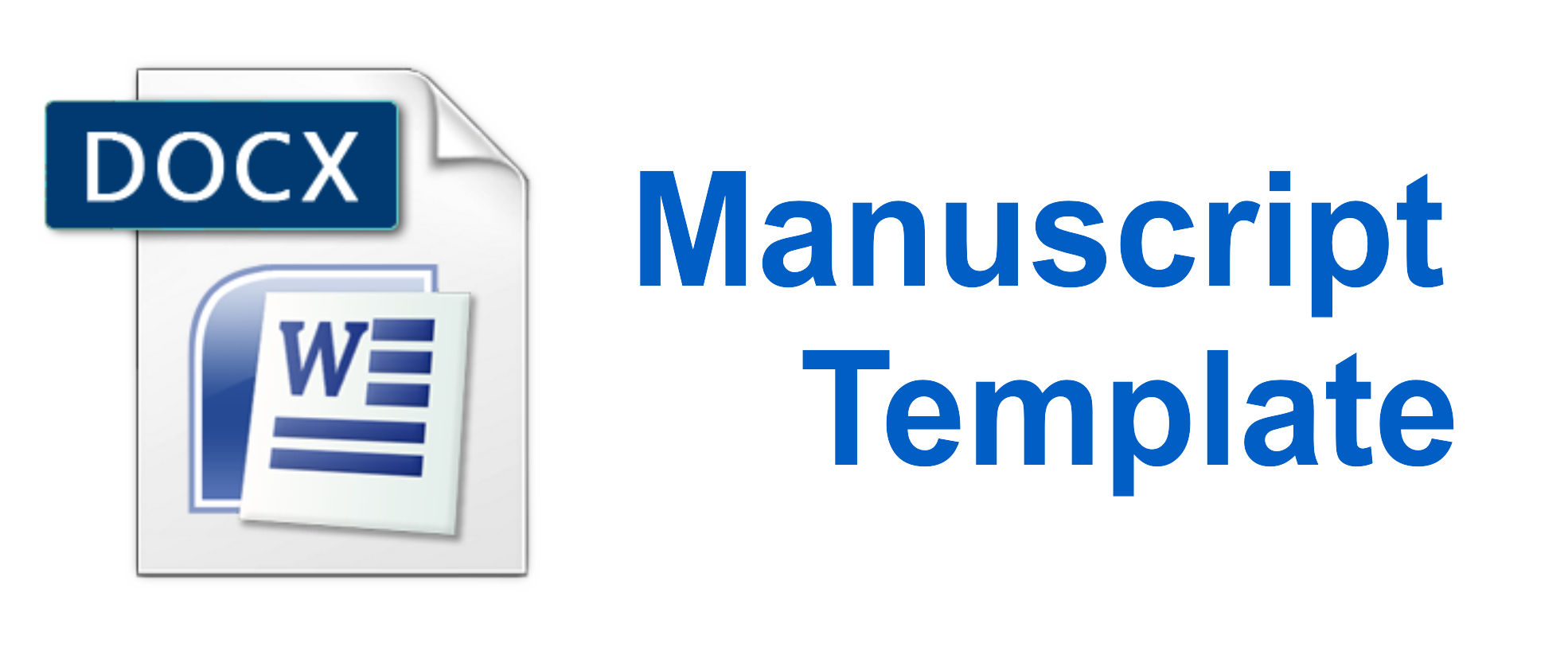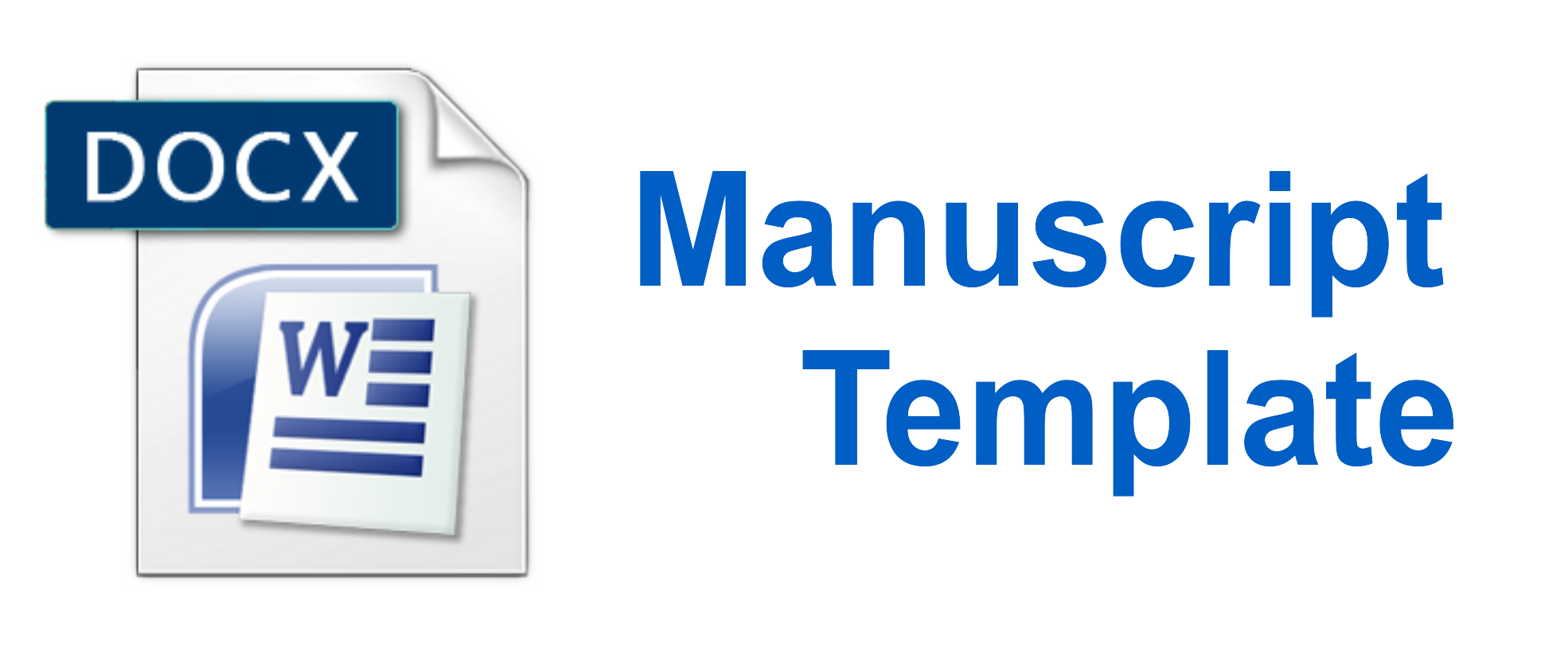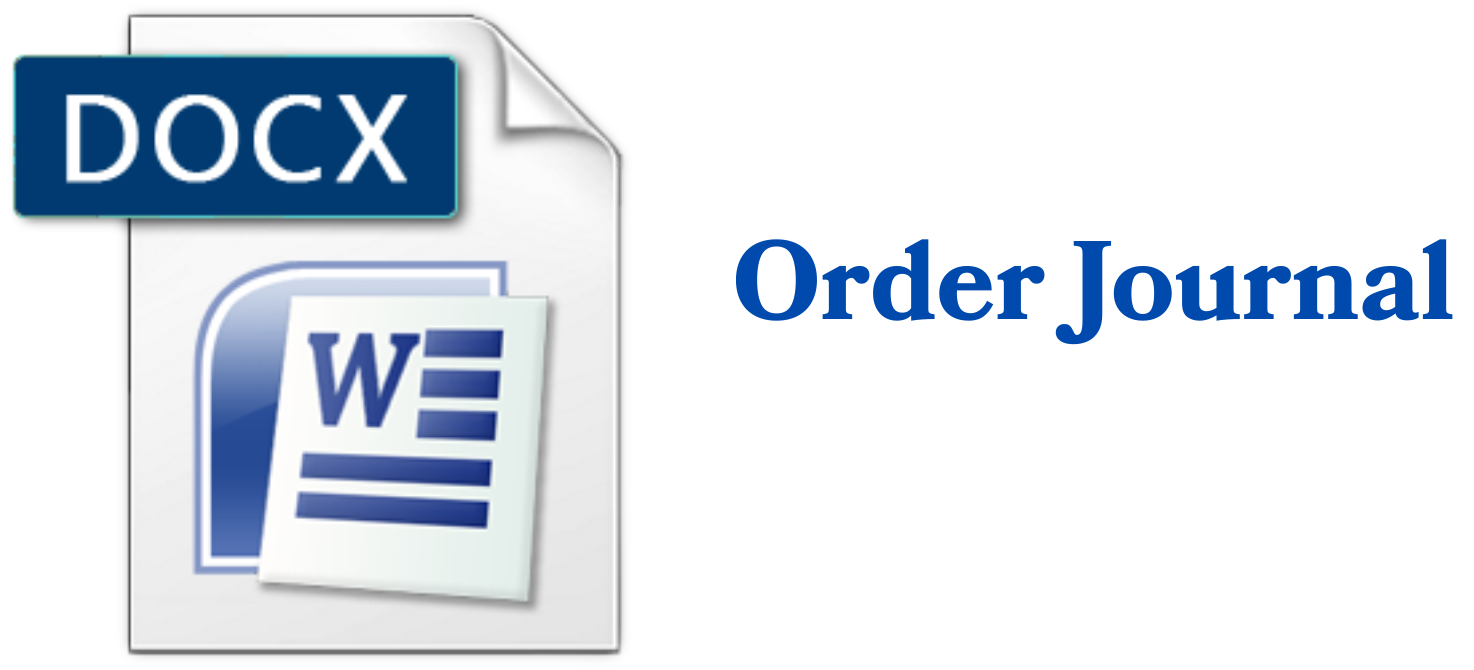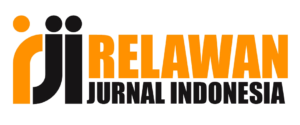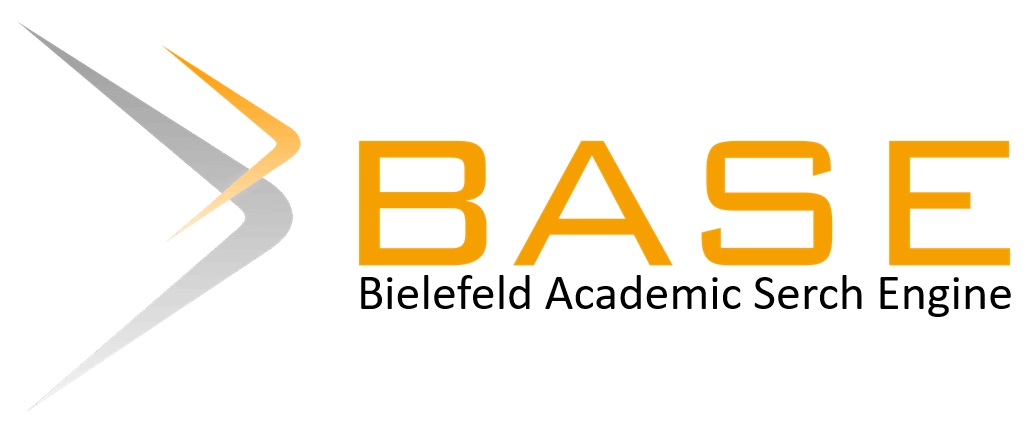Upaya Peningkatan Hasil Belajar Siswa Pada Pembelajaran Alquran-Hadits Melalui Penerapan Model M2E (Mapping, Matrix And Elaboration)
DOI:
https://doi.org/10.35316/edupedia.v6i2.1657Keywords:
Learning Outcomes, Alquran-Hadits, M2E Learning ModelAbstract
This research aims to know the competence of teacher in designing the implementation of M2E learning model on the Alquran-Hadits subject matter with theme “definition of hadits, sunah, khobar and atsar,” the implementation process of M2E learning model on the Alquran-Hadits subject matter with theme “definition of hadits, sunah, khobar and atsar,” and the effectiveness of M2E learning model implementation on the Alquran-Hadits subject matter with theme “definition of hadits, sunah, khobar and atsar,” in the grade 10th IPA of Madrasah Aliyah. Research method used in this article is classroom action research. The result research is 1) the competence of teacher in planning the learning of Alquran-Hadits with theme “definition of hadits, sunah, khobar and atsar” by M2E learning model, from cycle to cycle showed a good increase with the results of 62,14% for the first cycle and 80% for the second cycle, 2) the competence of teacher in implementing the learning of Alquran-Hadits with theme “definition of hadits, sunah, khobar and atsar” by M2E learning model, from cycle to cycle showed a good increase with the results of 61,5% for the first cycle and 78% for the second cycle, 3) Student learning outcomes in the first cycle 71,05; and second cycle 80,53.
Downloads
Published
How to Cite
Issue
Section
License
Edupedia: Jurnal Studi Pendidikan dan Pedagogi Islam adopts the Creative Commons Attribution–ShareAlike 4.0 International License, which allows users to reproduce, modify, and distribute published articles in any medium for lawful purposes, provided that appropriate attribution is given to the original author(s) and the journal, the license is properly cited, any changes are clearly indicated, and derivative works are distributed under identical licensing terms.
Upon publication in Jurnal Kesehatan Vokasional, authors confer to third parties the rights to use their articles in compliance with the Creative Commons Attribution–ShareAlike 4.0 International License.
Copyright on articles is retained by the respective author(s), without restrictions. A non-exclusive license is granted to Edupedia: Jurnal Studi Pendidikan dan Pedagogi Islam to publish the article and identify itself as its original publisher, along with the commercial right to include the article in a hardcopy issue for sale to libraries and individuals.
![]()



